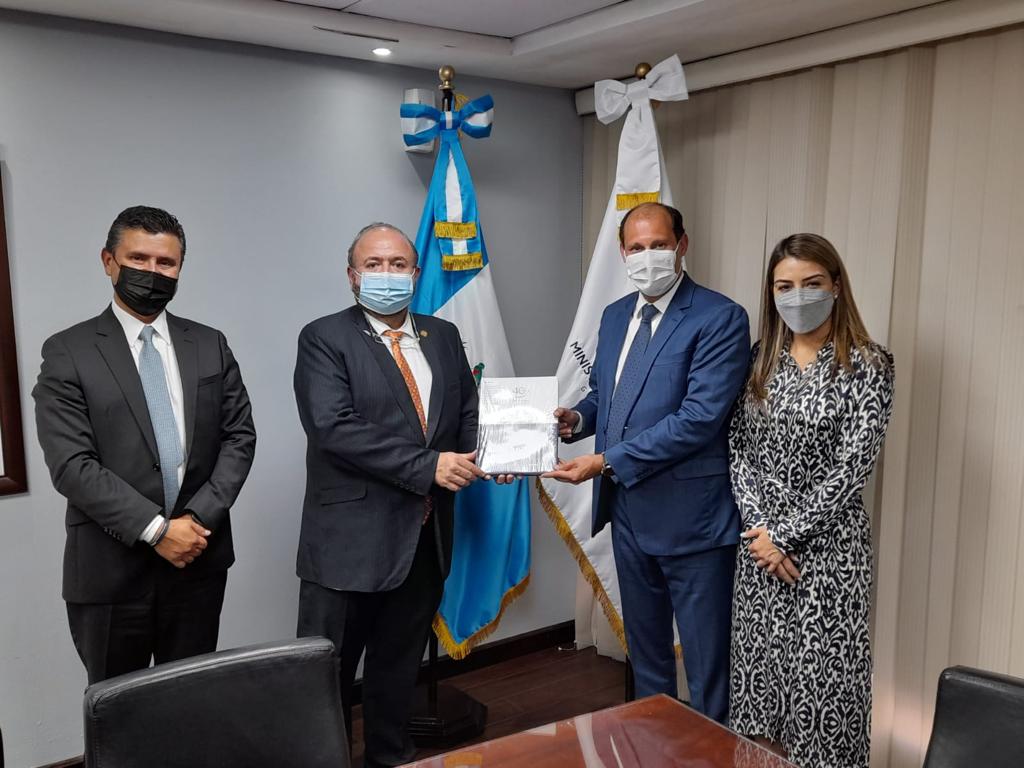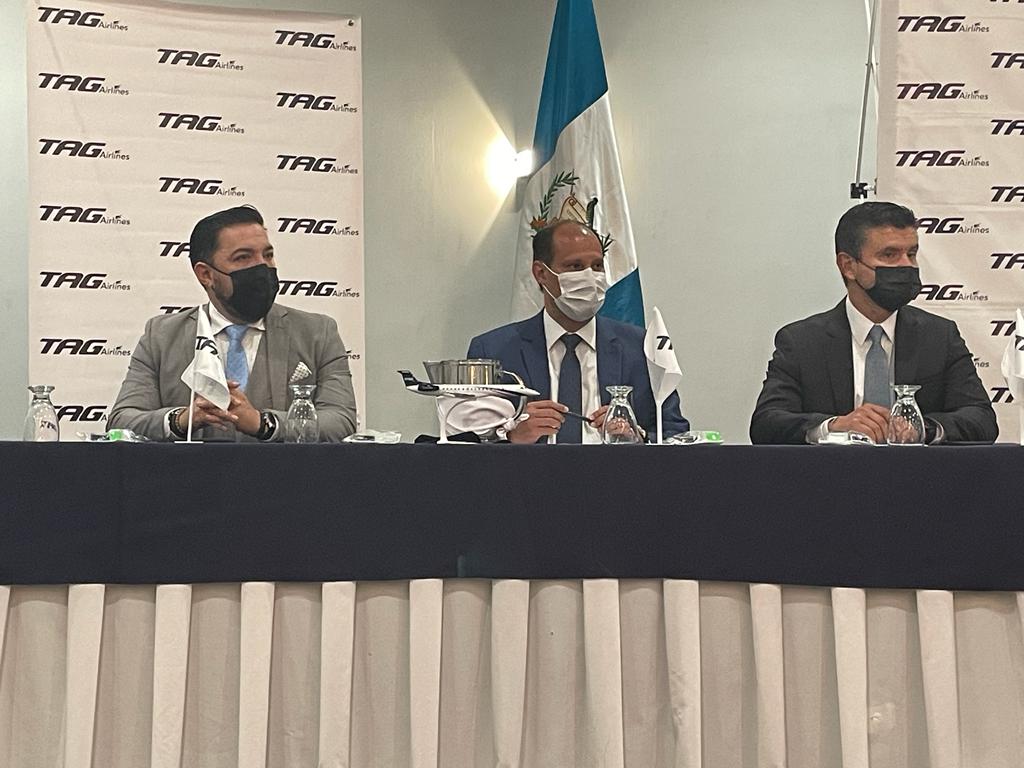Source: ALTA
The Latin American and Caribbean Air Transport Association (ALTA) held several meetings with Guatemalan authorities, aimed at reinforcing collaboration ties to foster a competitive environment that strengthens the development and connectivity in the country.
ALTA’s Executive Director & CEO, José Ricardo Botelho, participated in an agenda of meetings including meetings with Antonio Maloufl, Minister of Economy of Guatemala; Fernando Morra, Vice Minister of Economy; Shirley Aguilar, Vice Minister of Foreign Affairs; and Francis Argueta, General Director of Civil Aviation (CAA); along with Marcela Toriello, President of the Board of Directors of TAG Airlines, and Julio Alejandro Gamero, CEO of TAG Airlines.
In these meetings, where a proactive atmosphere prevailed, were discussed the need to implement measures to reduce taxes on the travel and tourism sector, which slow down the reactivation of employment in the sector and, to some extent, discourage the possibility to increase competitiveness and to turn the country into a tourism power.
Efficient taxation has a highly positive and immediate impact on the development of the industry, the number of passengers and flights, as well as on the development of businesses related to the travel and tourism sector. As reference, the travel and tourism sector contributed almost 6% of GDP to the local economy and 6.1% of jobs (404 thousand) in 2019, according to WTTC data.
“From ALTA we thank Tag Airlines, our member airline since 2021, for the reception, as well as the authorities for the exchange of ideas to generate a joint positive agenda that continues to improve the business environment for the development of the competitiveness in the country. It is a priority for us to build bridges between the industry and governments to identify opportunities to optimize costs, generate greater possibilities for air transport users and support the economic and social development in our countries”, expressed ALTA’s CEO.
The executive highlighted the opportunity to reduce costs for the industry, creating jobs, developing infrastructure, and promoting air travel by working together with all the countries of the Central American Integration System (SICA), which includes Guatemala, Costa Rica, El Salvador, Honduras, Nicaragua, Panama, Belize and the Dominican Republic. Starting with the CA-4, which is the Central America-4 Border Control Agreement incorporated into SICA, aimed at allowing intra-regional transit of nationals of Guatemala, El Salvador, Honduras and Nicaragua without the need to use their passports and with expedited migratory instruments.
“We are confident that, by working together with the authorities, we will be able to promote more connectivity and tourism development, which translates into more jobs and social wellbeing. Guatemala has a fantastic tourism potential with impressive history and natural beauties. Tourism is a powerful engine to generate socioeconomic wellbeing for the population. We have great examples in other countries such as Colombia and Chile where a reduction in taxes immediately translated into the activation of a broad value chain that generates opportunities for the population,” Botelho added.
Guatemala is just 4% below its air capacity levels vs. 2019, however, to take advantage of its whole tourism potential, it is necessary to improve infrastructure, especially in La Aurora. Therefore, ALTA requested the creation of a working group made up of industry players from the aviation and tourism sector, as well as the Guatemalan government, in order to address the technical issues necessary to boost tourism and travel in the region and work together towards achieving tangible goals. “We are ready and willing to contribute,” Botelho stated.



